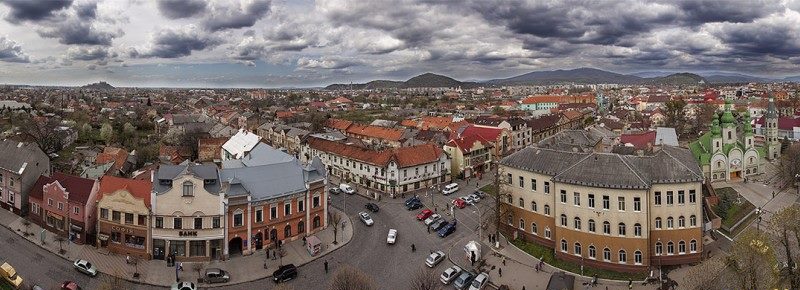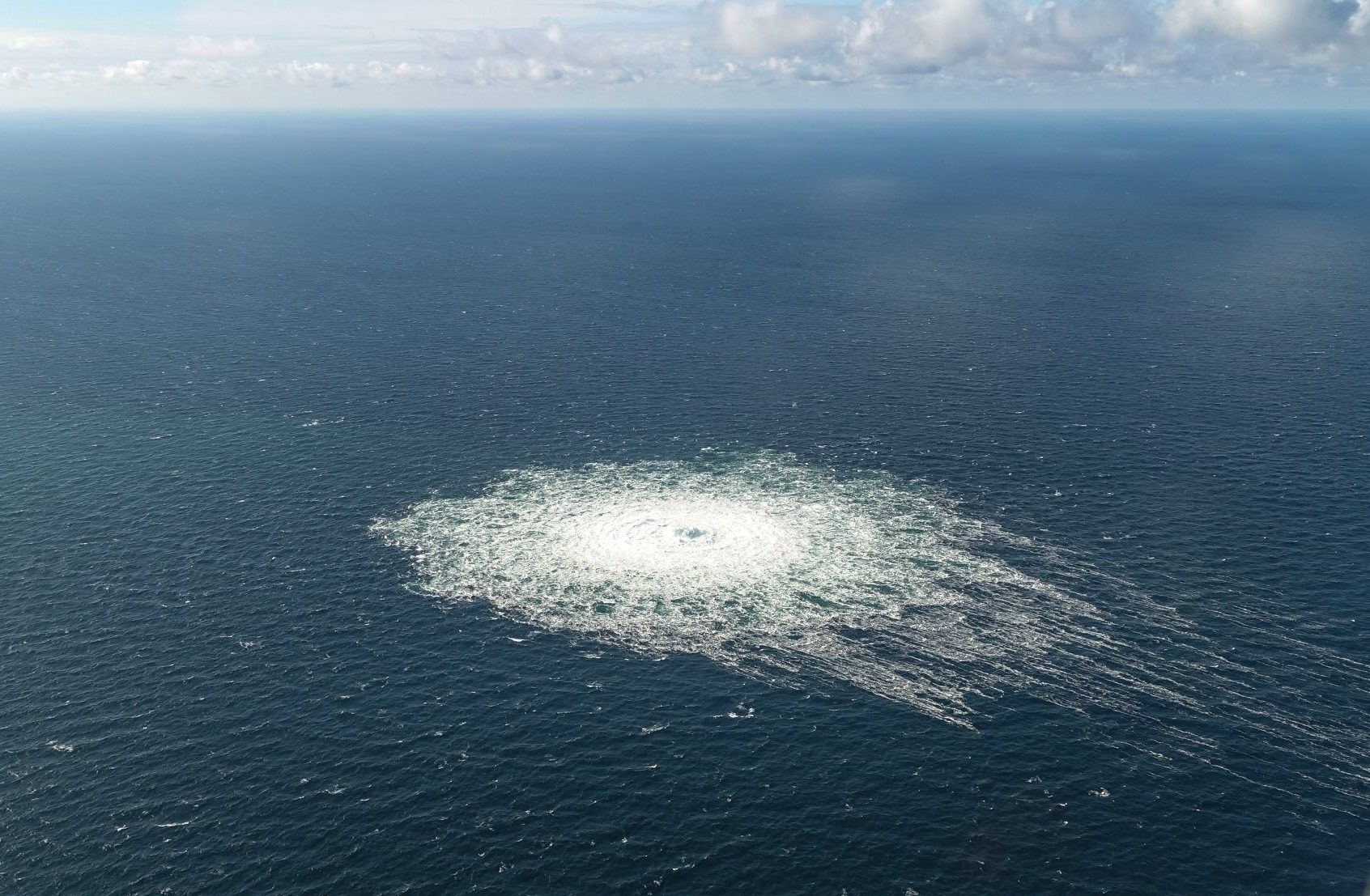
Local politicians from Munkatsch arranged for the removal of Hungarian flags and the dismissal of a Hungarian school principal.Continue reading

In an interview with Russian news portal RIA Novosti, Peter Szijjártó, Minister of Foreign Affairs of Hungary, talked about the construction of the Paks II nuclear power station, the United Nation’s role in investigating the Nord Stream pipeline explosion, as well as human rights violations against the Hungarian minority in Ukraine.
In this he maintained that the sanctions did not affect the construction of the Paks II nuclear power station, given that they do not concern nuclear power. Nevertheless, the Hungarian government had to engage in an uphill struggle in European forums in order to keep the nuclear industry out of the sanctions. He said that some member states of the European Union are proposing sanctions against the Russian nuclear technology firm Rosatom with the aim of limiting nuclear cooperation between Russia and EU member states. This is something the government of Viktor Orbán will never agree to, claimed the minister.
“The problem is not the sanctions, continued Péter Szijjártó. The problem is that there are some member states of the EU who see this as a political issue, while energy issues should be approached without any ideological motives.” He referred to the case of Germany, where in his view the German government, or at least two Green party members of the German government, are blocking the execution of the contract signed between Rosatom and Siemens Energy, on the basis of which the German company Siemens Energy is to supply a control system for the Hungarian nuclear power plant in Paks. “German ministers have not yet given their consent. This is a clear encroachment on Hungary’s sovereignty, because we see energy security as an issue of sovereignty, said the minister.”
What the German government is doing has no legal or professional basis. There is only a political approach behind it, which is totally unacceptable,”
he added.

Photo: Facebook Péter Szijjártó
Last week, Russia had proposed a draft UN Security Council resolution calling for an investigation into the sabotage of the Nord Stream pipelines. In Péter Szijjártó’s view, what happened to the Nord Stream pipeline is scandalous indeed. This is the first time that such a major facility of European critical infrastructure has been attacked, and as such, in principle it should be treated as a terrorist attack. Hungary supports a comprehensive, in-depth, structured, and detailed investigation into what happened. Regardless of who initiated it, the government supports an investigation that offers hope for finding out who did it and why. The minister added that the U.N. has a role to play in an issue like this, because
the UN was not created as an association of like-minded countries, but to serve as a platform for communication between countries that might even consider each other enemies.”
Concerning the issue of the systemic violation of the rights of the Hungarian minority in Ukraine, Minister Szijjártó emphasized that Hungarians in Transcarpathia do not need anything beyond what they had, they do not want anything special. They only want the reinstatement of the rights that they held before 2014. Since 2014, the Ukrainian administration ramped up its attacks against the Hungarian minority step by step. The minister had pointed out that they have found themselves in a situation in which minority schools will be eliminated by September this year. “This is unacceptable,” said Péter Szijjártó.
He also pointed out that at the end of last year Ukrainians passed a new law on national communities, which made the situation even worse. “Why do Ukrainians do this and why do not they give back the rights that Hungarians used to have: access to education in their native language, access to their native language in the media, in public administration. So we call on Ukraine to give these rights back to the Hungarians,” stressed the minister.
When asked whether this could be an obstacle for Ukraine to join the EU, the Foreign Minister replied by saying that “I would not go that far, but I can tell you that the protection of national communities is one of the main principles of the European Union. So if someone wants to move towards the European Union, they should definitely have very strong guarantees in their national legislation to protect the rights of national communities.”
Featured Photo: Danish Defense Command